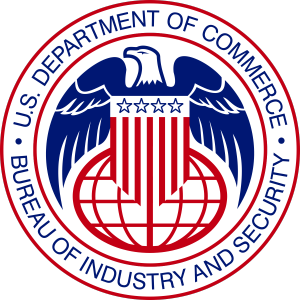Search
Published on:
EU Commission Proposes New Regulation to Combat “Economic Coercion”
 On December 8, 2021 the EU Commission published its proposal for a new “Anti-Coercion Instrument.” The regulation is being proposed in response to targeted deliberate economic pressures applied to the EU and its Member States in recent years and seeks to deter countries from restricting or threatening to restrict trade or investment to force the EU (or individual Member States) to change their policies in areas such as climate change, taxation and food safety.
On December 8, 2021 the EU Commission published its proposal for a new “Anti-Coercion Instrument.” The regulation is being proposed in response to targeted deliberate economic pressures applied to the EU and its Member States in recent years and seeks to deter countries from restricting or threatening to restrict trade or investment to force the EU (or individual Member States) to change their policies in areas such as climate change, taxation and food safety.




